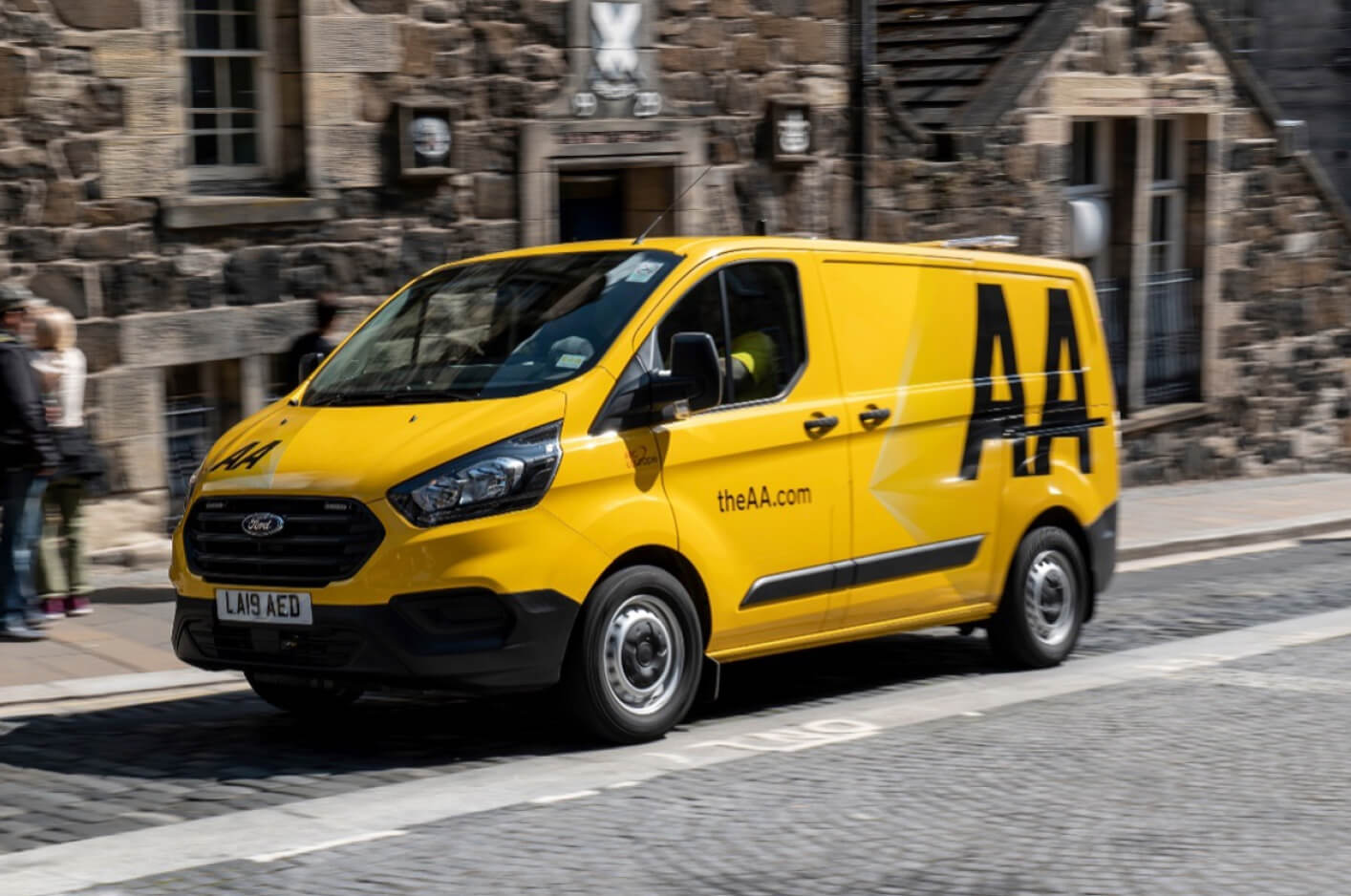21 October 2019
Electric company cars switch set to reduce employee costs by 95%
New company car benefit-in-kind tax rates on zero-emission vehicles, effective from April 2020, are expected to deliver savings in the region of 95% for employees.

- New rates mean the total cost of ownership for electric vehicles would be cheaper than some petrol or diesel equivalents.
- Switching to an electric fleet could create savings of £1.9 million.
- Manufacturers will need to review their scale of production to meet demand in the UK.
- Long-distance demands and knowing where to charge vehicles are important to support wider adoption
That's the conclusion of new analysis by leading professional services firm Deloitte with the projected savings almost entirely attributed to company car benefit-in-kind tax rates being slashed from 16% in 2019/20 to 0% in 202021, 1% in 2021/22 and 2% in 2022/23 and the 2% rate rolled forward to include 2023/24. However, even if rates for electric vehicles were to increase significantly in 2023/24 alongside a small rise in those for petrol and diesel models, it is understood that there would continue to be a similar financial benefit to drivers.
Additionally, said Deloitte, the new rates would have a positive effect for businesses, where the total cost of ownership for electric vehicles would be cheaper than some petrol or diesel equivalents.
The organisation's tax experts calculated that for companies themselves, switching the profile of a 900-strong diesel or petrol fleet to electric could create savings in excess of £1.9 million annually.
Deloitte calculates, for example, that a 40% taxpayer driving a diesel hatchback company car with a list price of £30,000, could currently expect to pay more than £18,000 in benefit-in-kind tax and fuel costs over a 48-month period. By comparison, for a comparable electric vehicle, the total cost of ownership reduces to £916; a saving of 95%.
Michael Woodward, UK automotive lead at Deloitte, said: "We've seen electric vehicle popularity increase fourfold over the past year alone. For those thinking about making the switch, the tax changes for company cars from April 6, 2020 are certainly a strong incentive."
Forecasting a surge in demand, Mr Woodward said the key question was whether both motor manufacturers and businesses were ready.
He continued: "Over the next three years, car manufacturers will need to review the scale of their production to accommodate growth and assess supply levels into the UK. Fleet sales will drive the majority of demand and manufacturers will be keen to prevent missing out on sales due to lack of supply.
"For many businesses, there are operational, employee and environmental benefits in transitioning to electric vehicles. However, the suitability of electric must make sense before making the switch.
"For some, electric vehicles will already be a viable option given their fleet journey patterns, and next steps may simply be building a robust policy and plan to support wider adoption. For others, long-distance travel demands or knowing how and where to charge electric vehicles will need more consideration. Businesses upgrading from diesel or petrol fleets may also require investment for on-site charge points.
"Environmentally, transport is the highest carbon emitting sector in the UK and targeting corporate fleets in this way has the potential to displace the maximum amount of fossil-driven miles."


